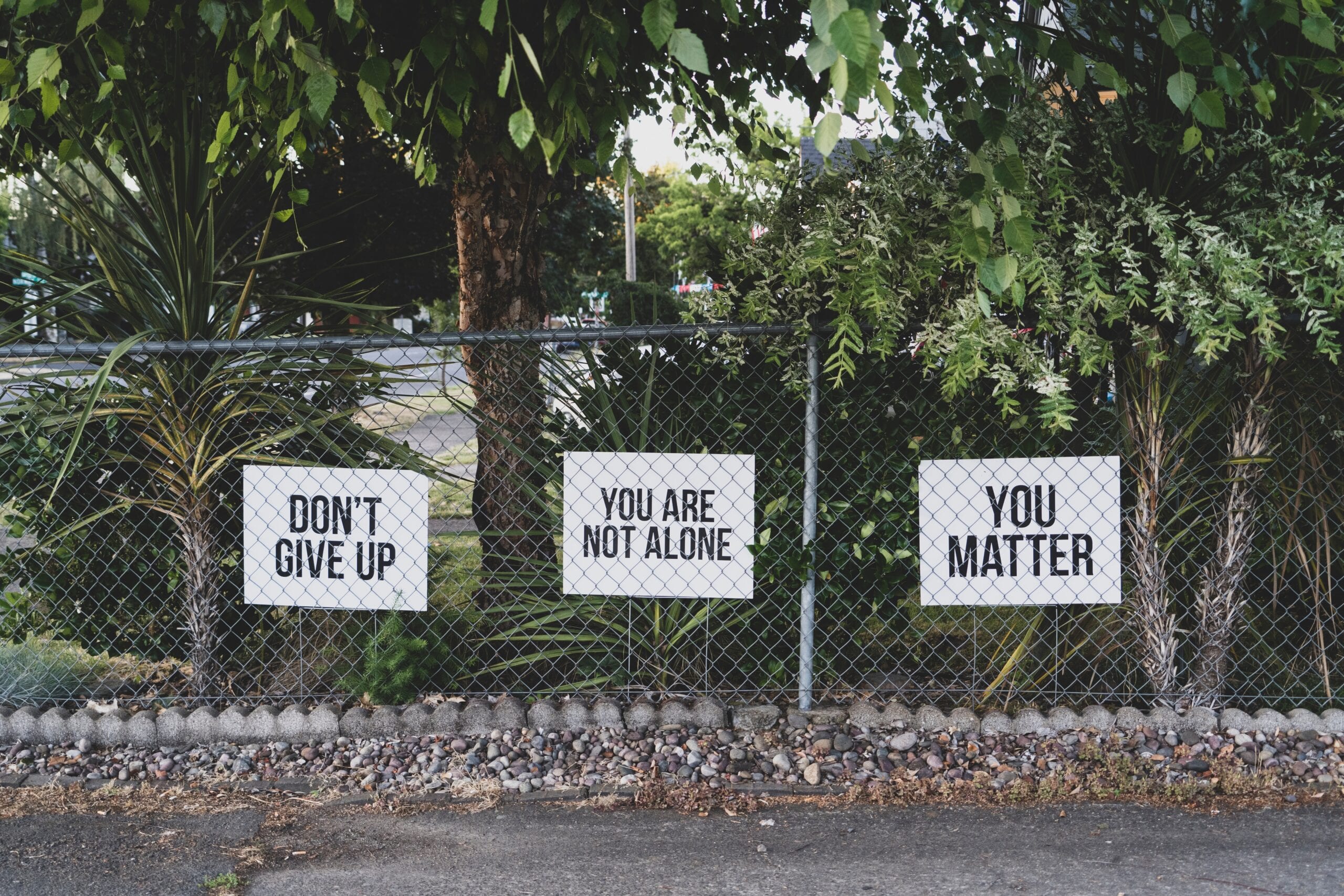Is marijuana addictive? Or, are there any marijuana withdrawal symptoms? If you are a marijuana smoker at stage 1, these questions must be bothering you every day. Both of these questions hover around certain conditions around your marijuana use. How long have you been using marijuana? How frequently do you use marijuana? And how badly do you want to quit using it? We all know marijuana is slowly becoming ubiquitous and people are accepting it in their lives without any hesitation. The US government has approved marijuana for either medical or recreational purposes across 34 states, four of which gave their nods in 2020 alone. This has created a perception that marijuana is not addictive. However, this is far from the truth.
Marijuana is both addictive and causes withdrawal symptoms. Its overuse can cause several heart-related ailments. Smoking pot for a longer period can have a devastating impact on our memory, including cognitive skills. One among 10 smokers of marijuana can become addicted to it, says the survey by the Centers for Disease Control and Prevention. If you start at an early age, or before 18, the figure changes to one in six. In this article, we are going to discuss these two critical issues in detail.
Let’s dive in!
What’s the status of marijuana in the US?
The US Drug Enforcement Administration (DEA) has listed marijuana in Schedule 1, which is the same category as heroin, a harmful drug. The categorisation of marijuana in schedule 1 has outraged many people but under the current category, it has a high potential for abuse. The drug is believed to have no “accepted medical use” as the US government believes it’s not safe. However, we all know this categorisation does not hold ground. Notwithstanding the federal government’s stance, states are clearing marijuana for both medicinal or recreational purposes. Depending upon the country you live in, marijuana may either be something that is adored in your place or it could a dreaded herb.
Marijuana is a very interesting plant. Its ability to connect with mind receptors to produce a unique psychological reaction makes it a ‘notorious’ herb. Marijuana has two main compounds, cannabidiol (CBD) and Tetrahydrocannabinol (THC), which have been exploited quite extensively. These compounds produce different reactions in the mind. The whole cannabis industry mostly revolves around these two chemical compounds, also known as cannabinoids. So, the current status of marijuana is clear in the US — it’s being accepted by more and more states for all kinds of purposes.
Marijuana withdrawal symptoms
Let’s first understand what withdrawal symptoms are. If you are a marijuana smoker and you want to quit using it, you may end up experiencing many physical and psychological changes in your body, including craving to start again, loss of appetite, mood swings, irritability, difficulty in sleeping, headaches, loss of focus, sweating, chills, depression, and stomach issues. These symptoms range from mild to severe but they are never dangerous. Your duration of consumption will determine how severe your withdrawal symptoms would be. On the bright side, withdrawal symptoms caused by marijuana are not as severe as other harmful drugs like opioids, alcohol, cocaine, and heroin.
One experiences withdrawal symptoms because our body has to adjust without a regular supply of THC, the highly addictive and intoxicating substance found in cannabis. The more you smoke, the more your body depends on THC. When you smoke marijuana, your body generates tolerance for it and slowly it becomes habitual of it. Then it leads to dependency. When you stop using marijuana, your body can’t fit into the environment and starts experiencing unpleasant symptoms. For some people, they may be severe but for most people, withdrawal symptoms are difficult.
How addictive is marijuana?
Like other illicit drugs, marijuana also causes addiction among regular users. However, the rate is not high. As per the US Department of Health and Human Services, 1 in 11 marijuana smokers is addicted to it. The rate of addiction can be directly proportional to your dependency on it. Sometimes, you just become addicted to it without depending on it. The potency of the marijuana strain consumed by you will also play an important role in keeping you hooked on weed.
Researchers say addiction is both physical as well as psychological. The marijuana addiction becomes so strong after some time that your body, as well as your mind, start thinking about weed whenever you crave it. The most common symptoms of marijuana addiction are increased tolerance, continued use even if it messes up your life, your friends and family also start disassociating yourself from you and other withdrawal symptoms. As the addiction increases so do your consumption. This creates a vicious cycle of addiction and withdrawal symptoms. The more you crave to quit smoking marijuana, the more your addiction kicks in.
Who is at risk and how to prevent it?
A study conducted in the Clinical Chemistry journal in 2012 concluded that THC contents were more easily detectable in urine tests (time duration of 0.6-7.4 hours). Similarly, a 2017 study on hair samples showed 77 per cent of heavy users and 39 per cent of non-frequent users failed the marijuana drug test. In essence, it can be said that if you are fearful about getting tested for marijuana content, you better not smoke at all. You are at the risk of becoming addicted to marijuana if you use it regularly.
If you have a family history of someone being addicted to it, you also have more chances of becoming addicted. Those having psychological issues and without family or friends support also experience marijuana abuse and thus addiction. One can prevent both marijuana abuse and addiction without experiencing severe marijuana symptoms. The best way is to stop consuming marijuana at all. You can also surround yourself with people who will oppose your urge for smoking pot. Maintain a healthy and balanced diet and follow a healthy regimen. Exercise daily and divert your mind whenever the thought goes towards marijuana.


